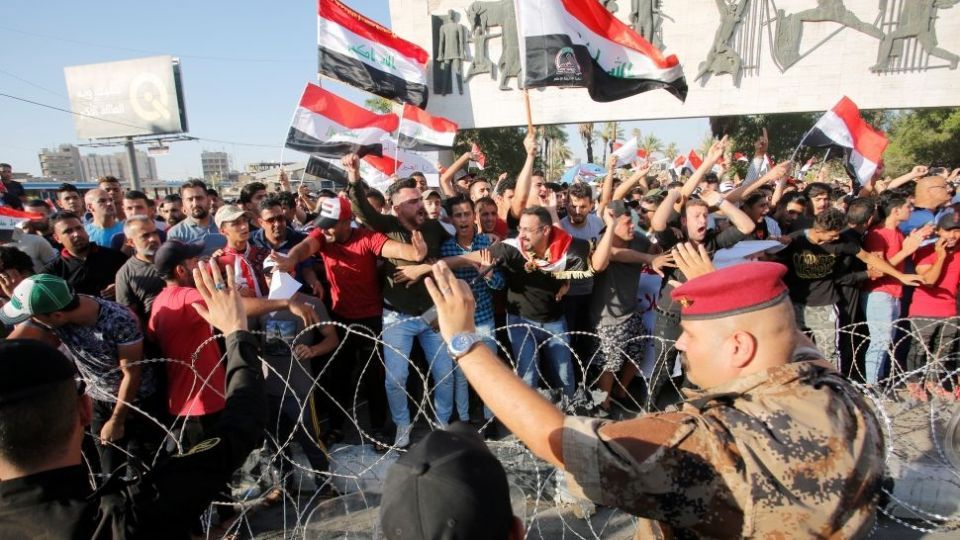Speaking to the website of the Strategic Council on Foreign Relations, Dr. Seyyed Razi Emadi said: “It must be admitted that what is happening in the form of protests in Iraq and Lebanon is real and is not merely organized and designed from outside the country.” He said the people of Iraq and Lebanon are voicing protests and they are right in these protests. This is not to say that the unrest has been caused out of the influence of a certain country, but rather it is rooted in domestic conditions; for example, youth unemployment in Lebanon is above 35%, which is high for a country like Lebanon.”
“There is widespread corruption in Lebanon, and it is clear that some trends do not really care about Lebanon’s national interests and the problems of the people, but simply care about being in power,” the analyst said.
“These are not things the Lebanese people can tolerate any longer because their living conditions have deteriorated,” he said. They find that as poverty and unemployment and their livelihoods worsen, so does the rate of corruption. There is a deep rift between statesmen, parties and people, so people are protesting and their demonstrations are rightful.
Emadi cited Hassan Nasrallah, secretary-general of the Lebanese Hezbollah, in connection with the popular protests. Mr. Nasrallah has stated that we support the people’s protests and demand serious consideration of the people’s demands.
He added that one of the most important reasons for Lebanon’s specific circumstances is the presence of Hezbollah in Lebanon. Hezbollah is an Arab group that grew up and gained power in an Arab country and today it cannot be ignored in the West Asian region.
He added: “Whoever wants to study the developments in the region must take into account the weight and position of Hezbollah in Lebanon, but this is unacceptable to some foreign actors, especially regional players, because Hezbollah operates as a group following the line of Iran and as the most important regional ally of the Islamic Republic of Iran and its right arm in the developments in the region, it plays a very decisive role in influencing and strengthening its position in the region. This role has been quite evident in the last decade, especially during Hezbollah’s fight against terrorism in Syria. That is why Hezbollah has strong opponents both inside Lebanon and at the regional and trans-regional levels. Given this function, Lebanon’s Hezbollah is subject to foreign intervention. We also see this in the recent developments.
The West Asian analyst said that Saudi Arabia, and even the UAE, was involved in Lebanese developments. “When elections were held in Lebanon in 2018, we had numerous reports that Saudi Arabia, and especially the UAE, was extending huge financial aid to some candidates who opposed the Resistance Coalition. That is to say, they wanted the defeat of the Resistance Coalition in the polls but they failed and the Resistance Coalition won the majority.
Emadi added: The same policy is being applied now, and Saudi Arabia and the UAE are trying to pursue their interests through anti-government protests in Lebanon. There have even been reports that the Saudi and Emirate embassies in Beirut are distributing food and meeting the needs of the protesters, and are even paying for them to take part in the demonstrations. These are evidences of the role of Saudi Arabia and the UAE in the unrest in Lebanon.
“Another point is that this role seems to be played in a number of ways,” the university professor said. At first, the demonstrations were directed against Hezbollah, which appear to have been unsuccessful, because Nasrallah’s stance was not one of people coming to act against Hezbollah, but rather Hezbollah defended the people’s demonstrations. It has also prevented the government from resigning because the government must be held accountable.










0 Comments